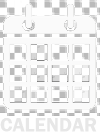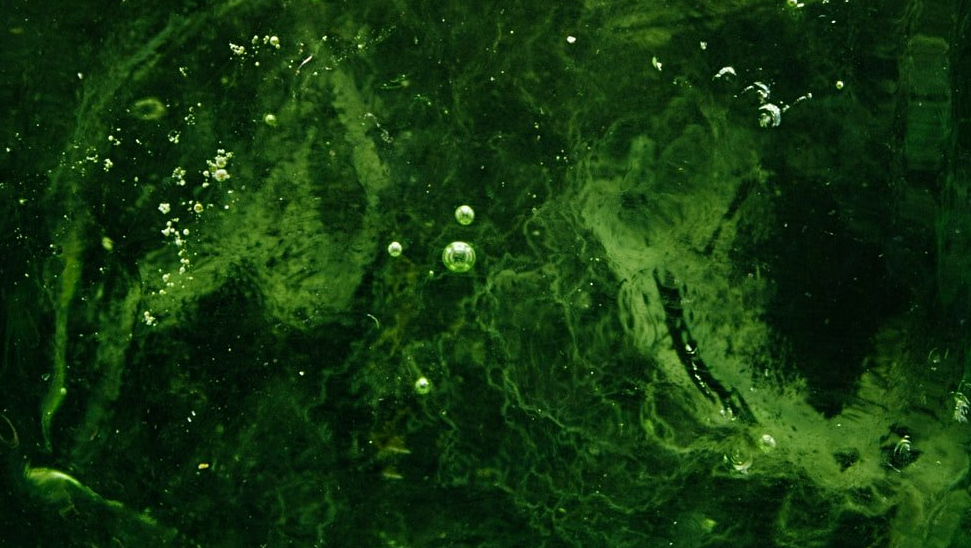BLUE GREEN ALGAE
The following is provided to the public by
the Wisconsin DNR
What are blue-green algae?
Blue-green algae, also known as Cyanobacteria, are a group of photosynthetic bacteria that many people refer to as "pond scum." Blue-green algae are most often blue-green in color, but can also be blue, green, reddish-purple, or brown. Blue-green algae generally grow in lakes, ponds, and slow-moving streams when the water is warm and enriched with nutrients like phosphorus or nitrogen. When environmental conditions are just right, blue-green algae can grow very quickly in number. Most species are buoyant and will float to the surface, where they form scum layers or floating mats. When this happens, we call this a "blue-green algae bloom." In Wisconsin, blue-green algae blooms generally occur between mid-June and late September, although in rare instances, blooms have been observed in winter, even under the ice.
Blue-green algae contacts
- If you think you are experiencing symptoms related to exposure to blue-green algae (e.g., stomach cramps, diarrhea, vomiting, headache, fever, muscle weakness, difficulty breathing), contact your doctor or the Wisconsin Poison Center [(800) 222-1222] right away.
- If your pet displays symptoms such as seizures, vomiting, or diarrhea after contact with surface water, contact your veterinarian right away.
- To report a case with potential health effects caused by blue-green algae, visit the Department of Health Services [exit DNR] or contact the Bureau of Environmental and Occupational Health at (608) 266-1120.
- For information on current public beach advisories, visit the Wisconsin Beach Health website [exit DNR]. Some local health agencies have the capacity to test for blue-green algae at their public beaches.
- The Wisconsin Department of Natural Resources is not currently conducting routine statewide monitoring for blue-green algae or blue-green algal toxins. You can submit samples for testing at your own cost to the Wisconsin State Laboratory of Hygiene. Contact the Laboratory at (800) 442-4618. The Wisconsin State Laboratory of Hygiene is unable to provide interpretation or guidance for testing results.





